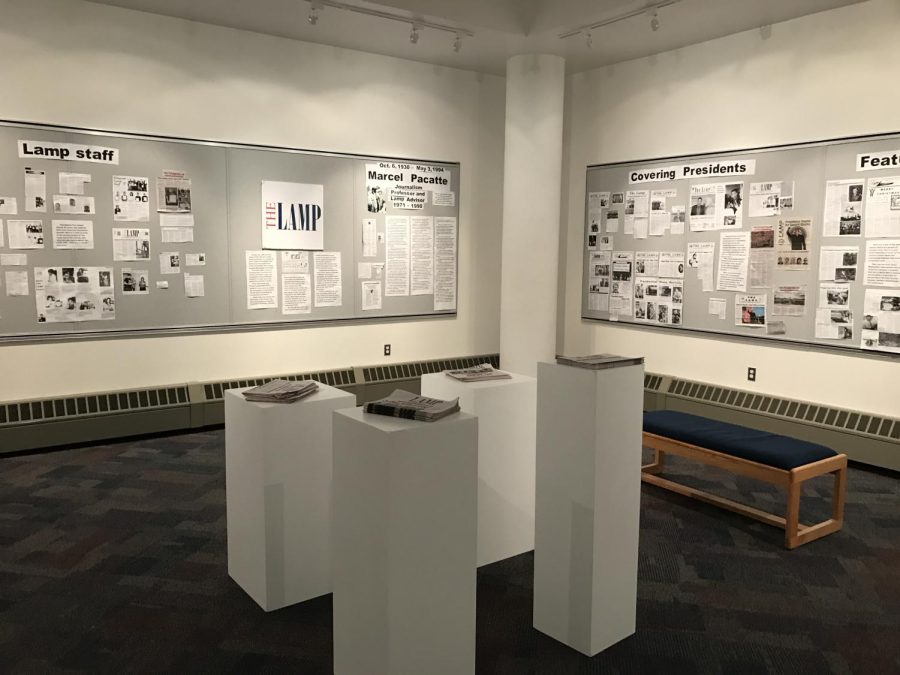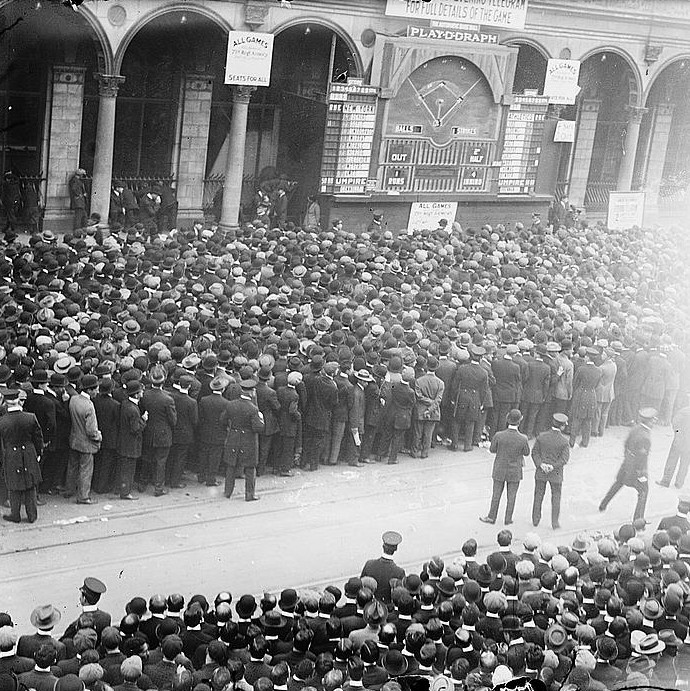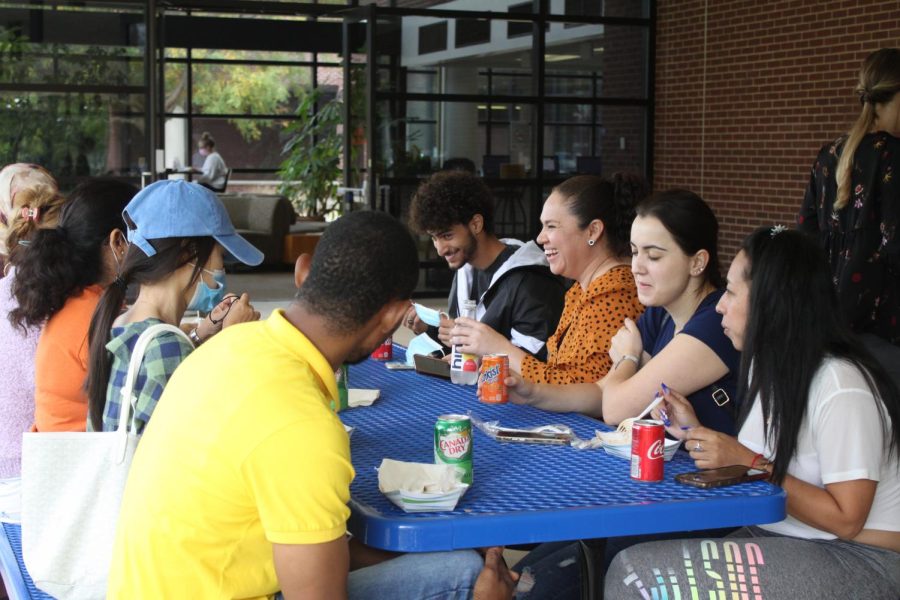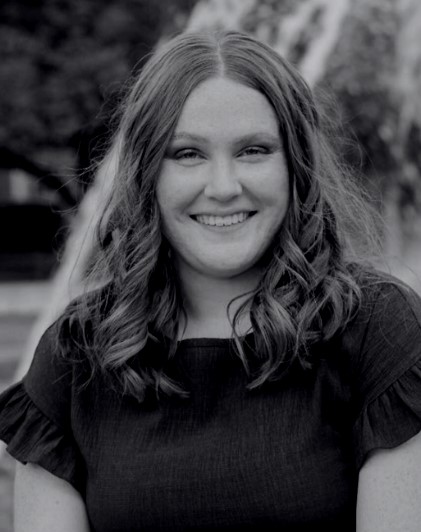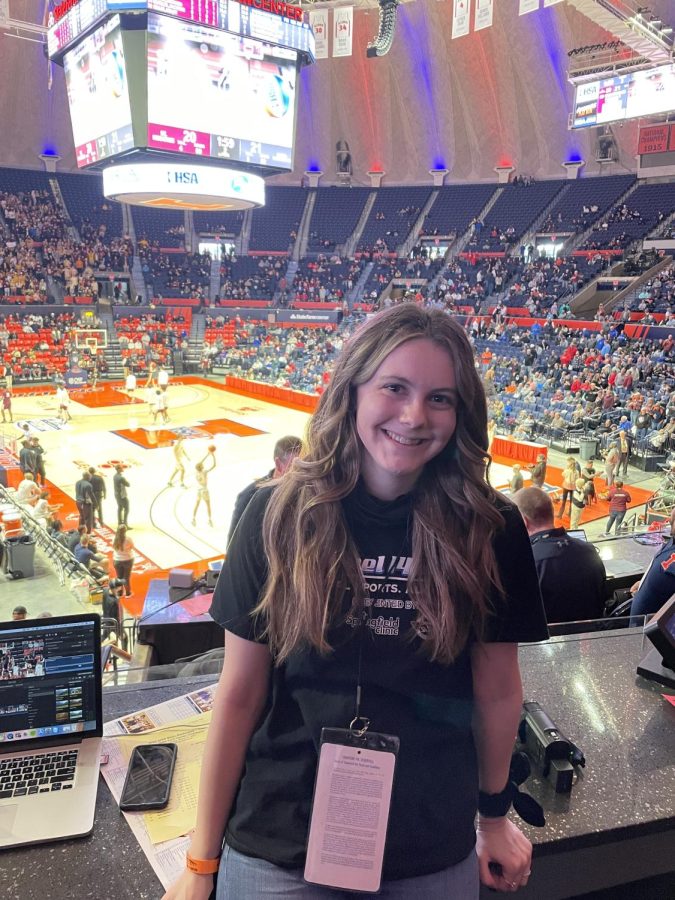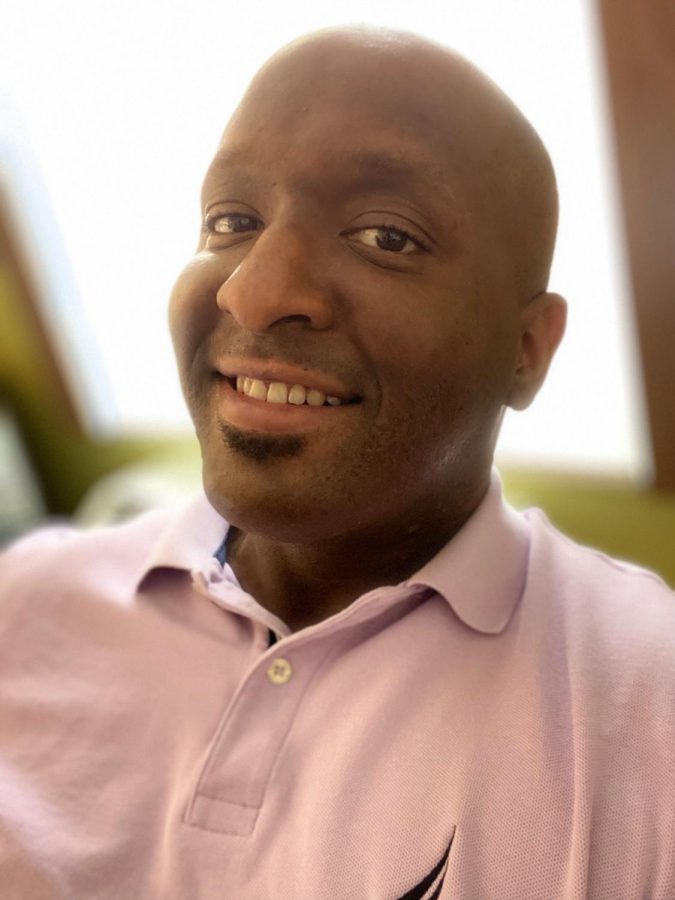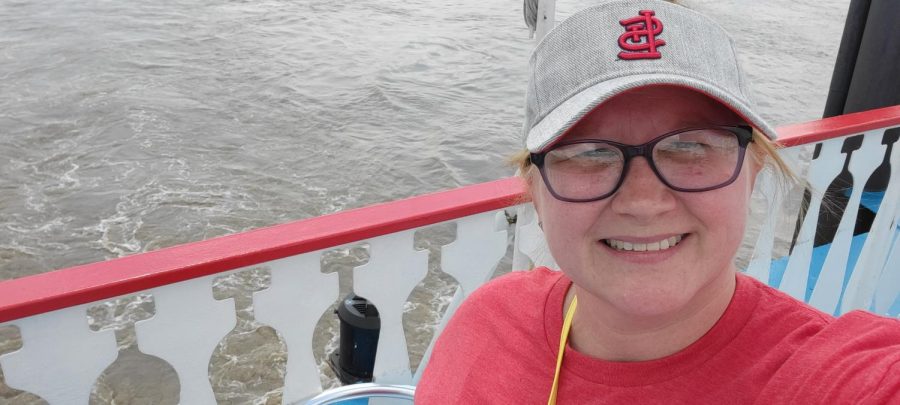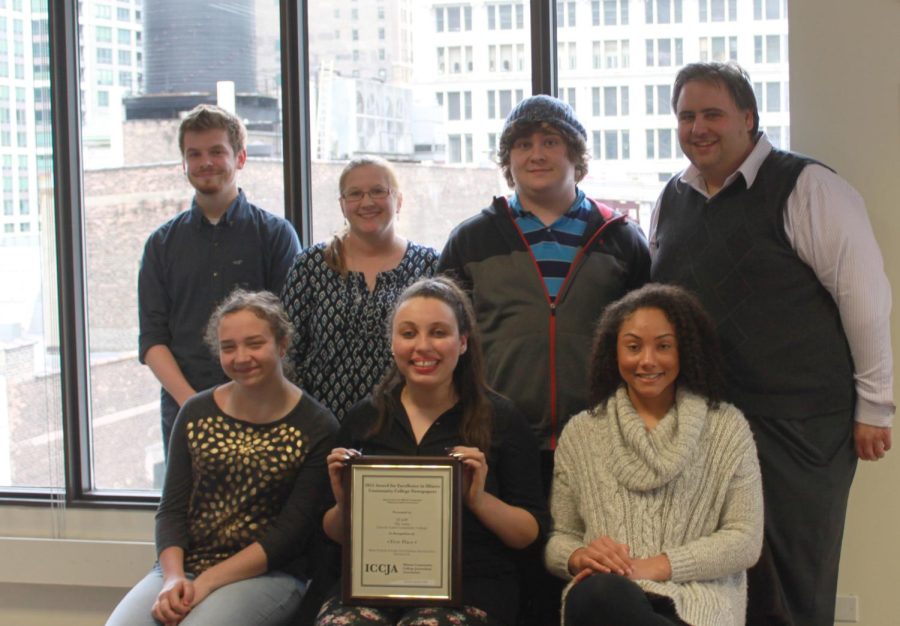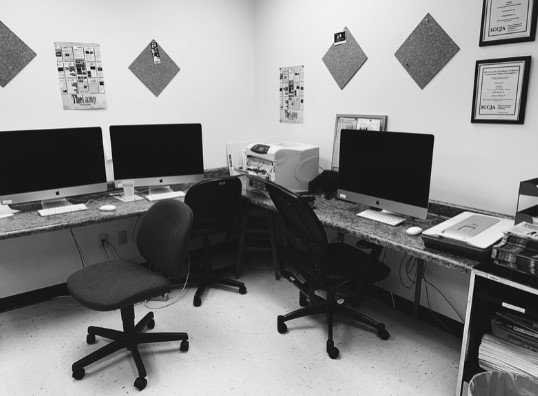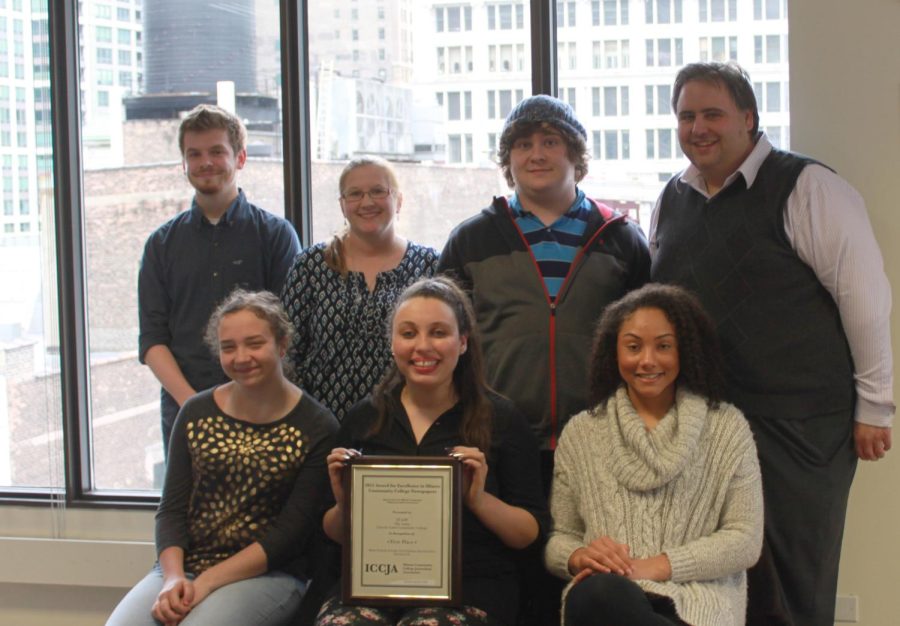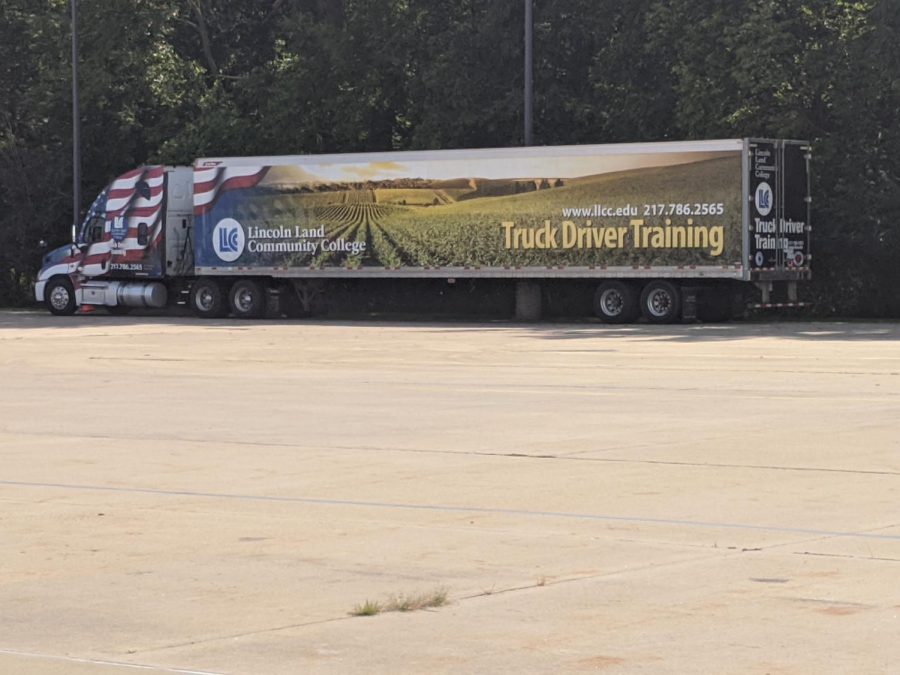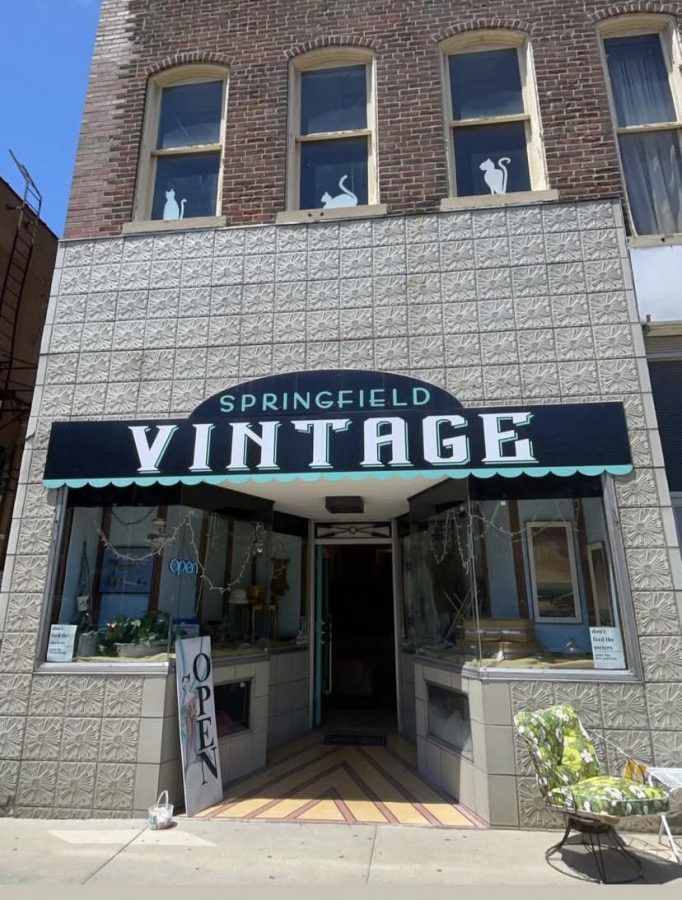
By Shannon Connolly
Staff Writer
GIRARD — On what seemed like a normal day at North Mac Middle School in Girard, 140 students and faculty ended up being rushed to the hospital.
The Sept. 15 incident has been blamedon a broken furnace vent, leaking carbon monoxide (CO) throughout the school.
Carbon monoxide is known as the “invisible killer” because it is colorless and odorless.
More than 150 people in the Unites States die each year from accidental non-fire-related CO poisoning. These deaths are caused by typical household products.
Most of the children and faculty at North Mac were sent to the hospitals and later released that same day. No one was seriously hurt.
North Mac has decided to install detectors in all of its schools.
Every home in Illinois is required by state law to have a CO detector, but schools — including Lincoln Land Community College — are not included.
“LLCC’s gas-fired boilers and water heaters are located in mechanical rooms that are separated from student-, staff-occupied spaces,” said Dave Bretscher, Lincoln Land’s director of facilities. “And these rooms are ventilated to the outside of the building, so the chances of being exposed to excessive CO at LLCC are very small.”
Lincoln Land Community College also has carbon monoxide detectors in the Child Development Center, the Automotive Service Labs and the Grounds Maintenance Shop, Bretscher said.
“The detectors in the Automotive Labs are tied into an evacuation system, and if a high level of CO is detected, the overhead doors will open and exhaust fans will run to quickly remove the CO, and replace it with fresh air,” Bretscher said. “The Maintenance Shop has exhaust fans and overhead doors that would manually be operated in the event of a high level alarm.”
State Sen. Sam McCann, whose district includes the North Mac Schools, has filed legislation in Springfield that would require all schools to install carbon monoxide detectors in buildings where students are present.
McCann said everyone needs to “wake up and pay attention to what could happen,” and make sure it doesn’t happen again.
Shannon Connolly can be reached at 217-786-2311 or [email protected].
